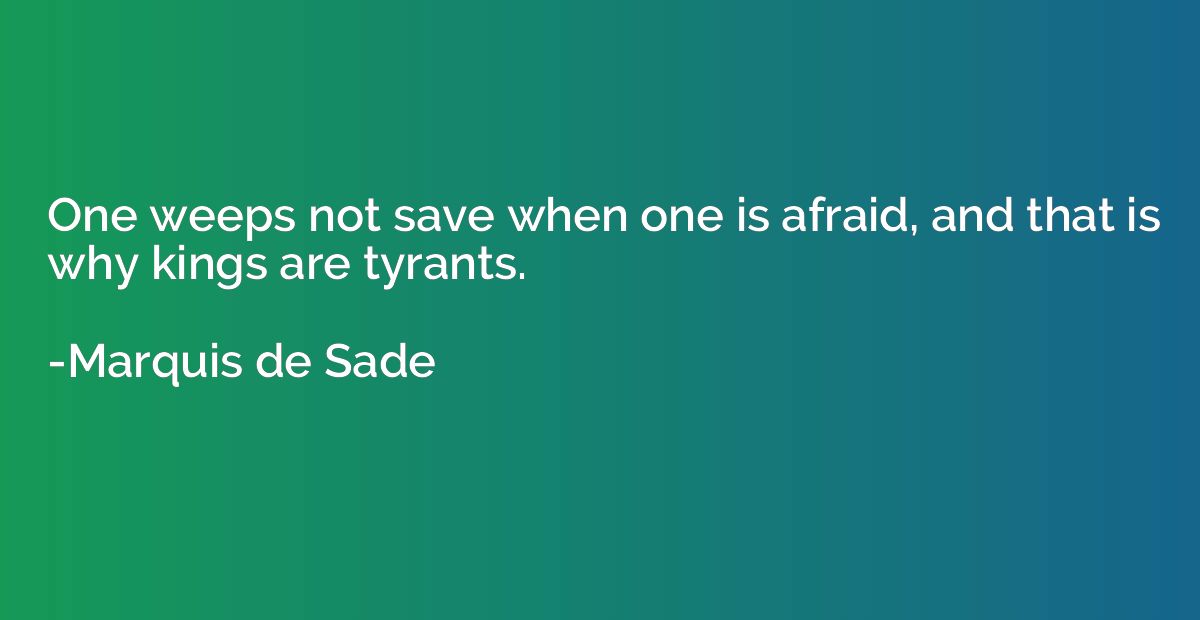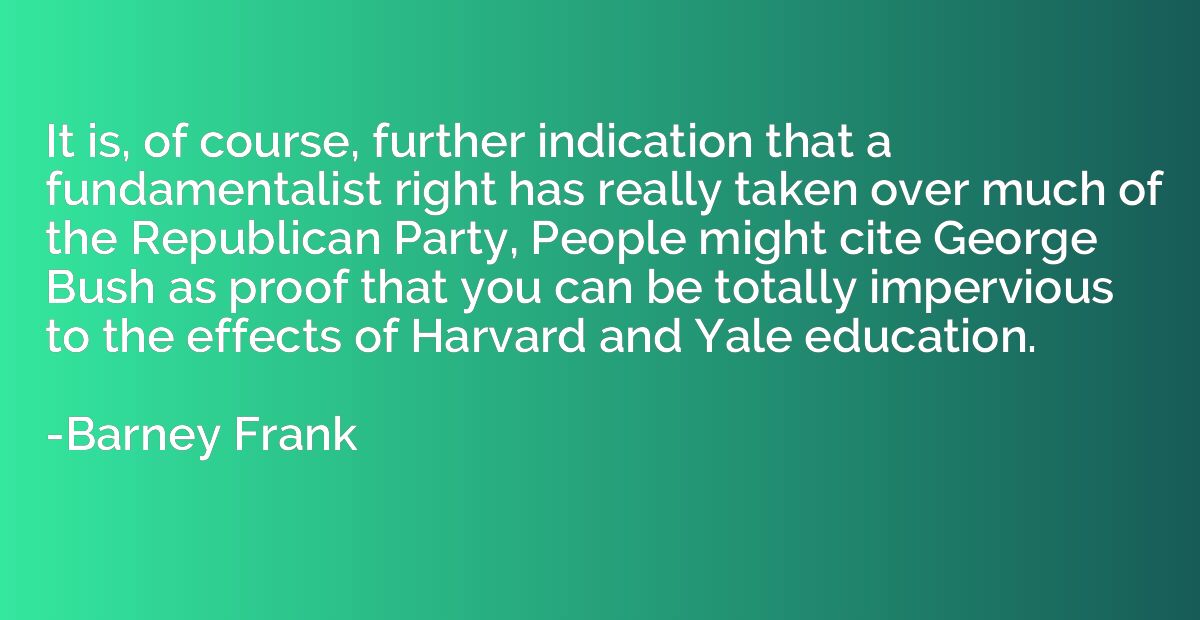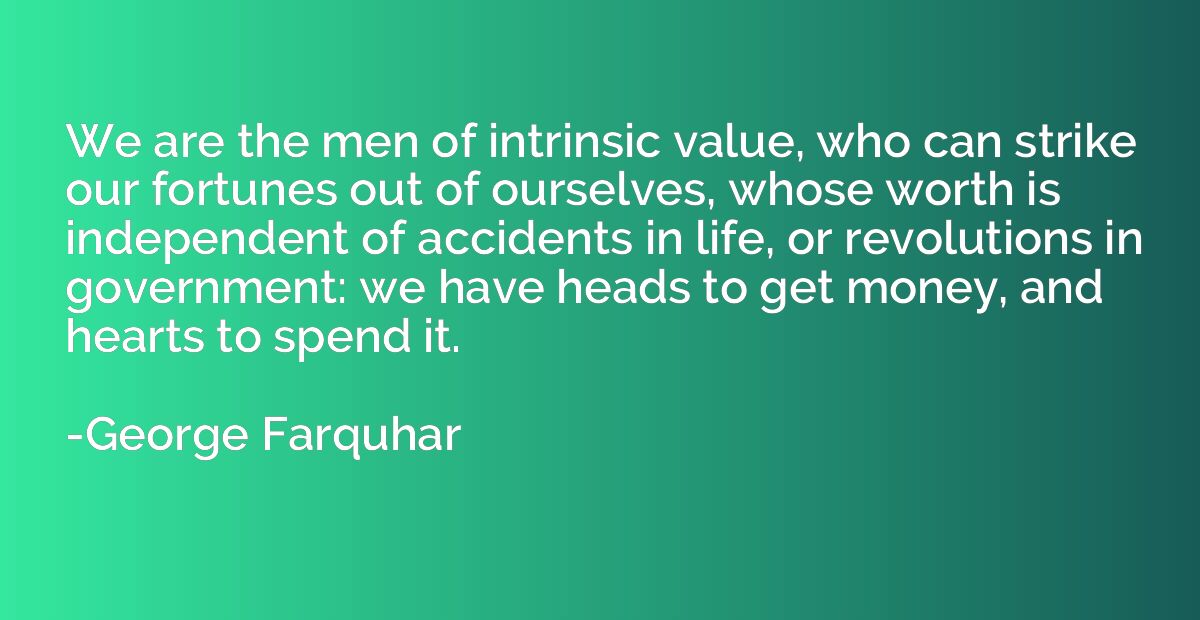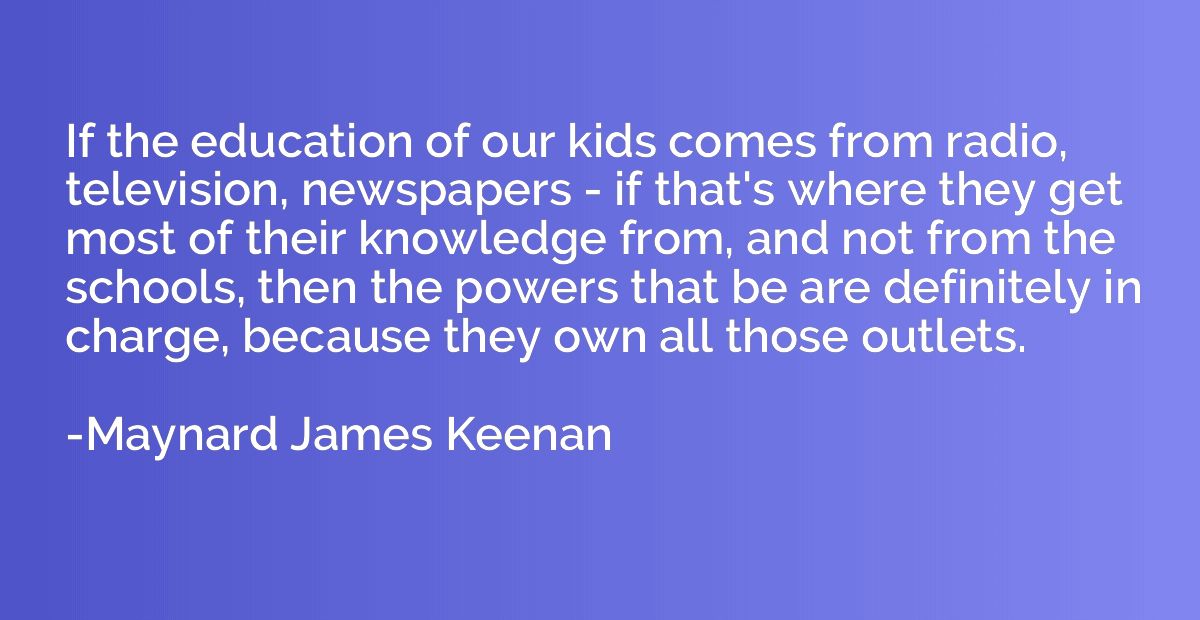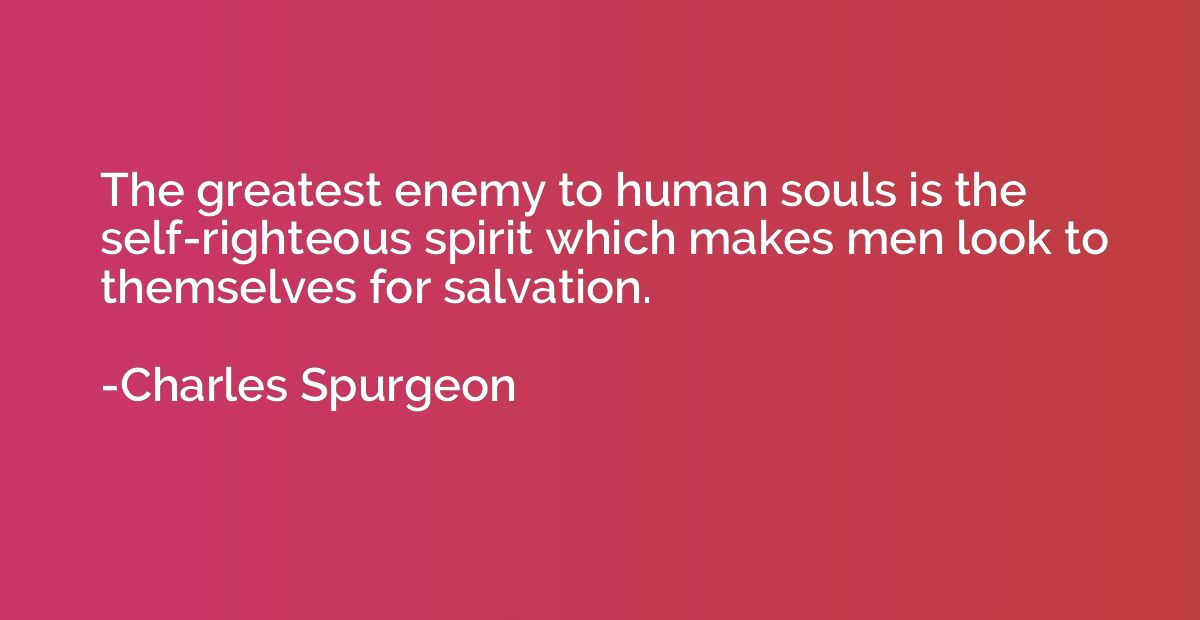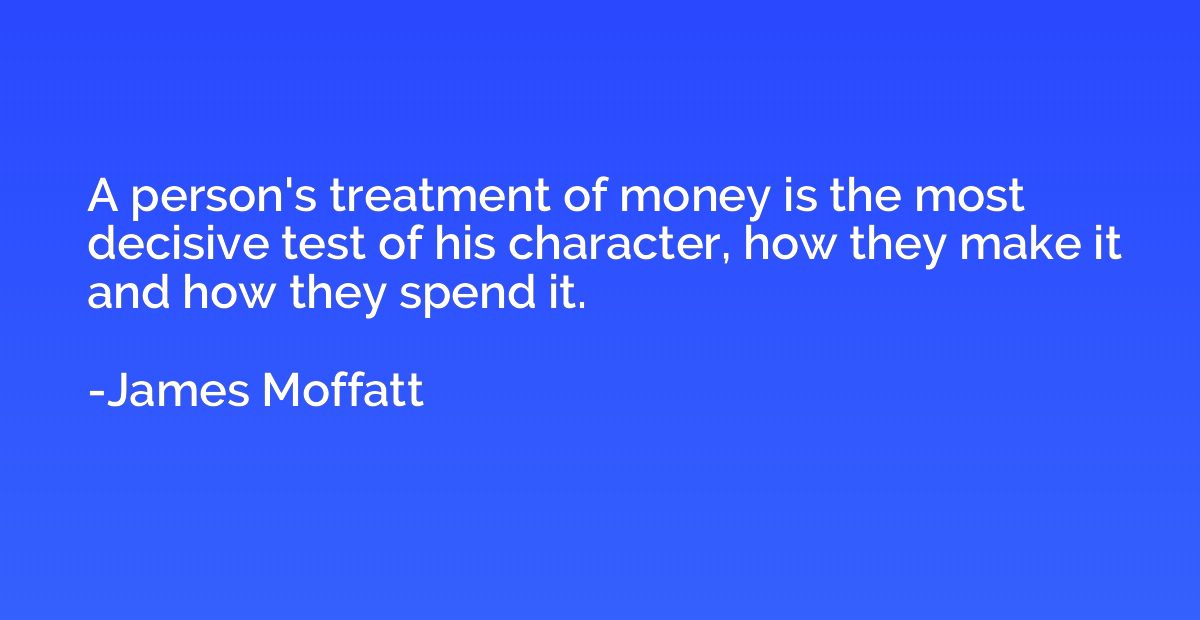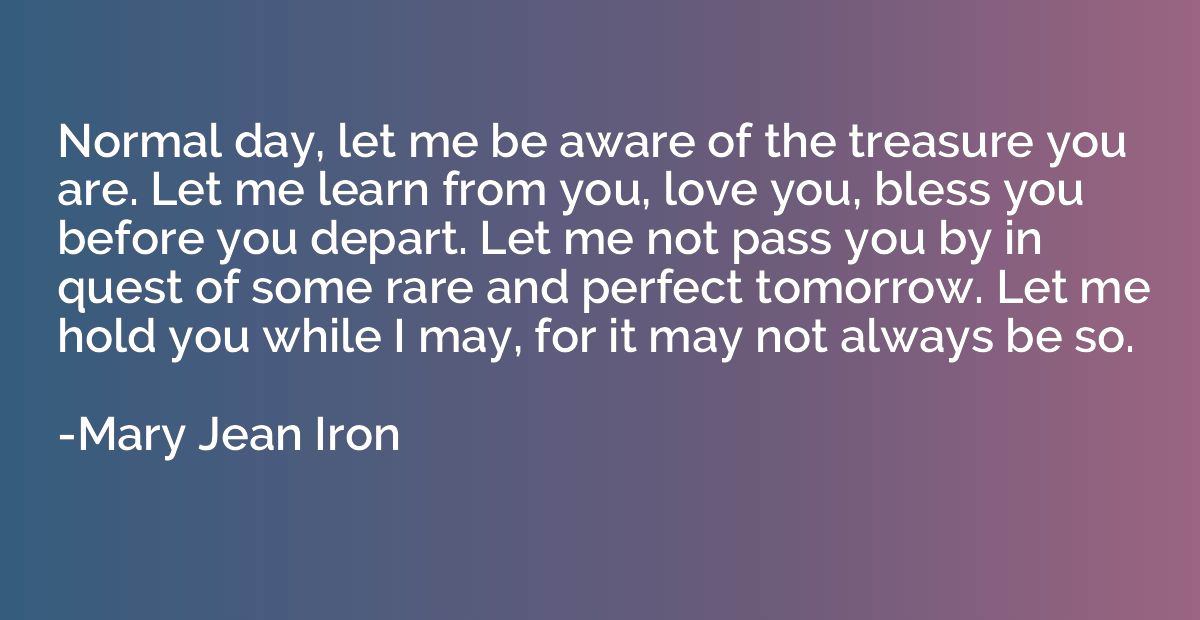Summary
This quote suggests that fear drives people to exhibit cruel behavior and abuse power. It implies that kings, who possess immense authority, become tyrants because they are constantly afraid of losing their power. By engendering fear, they suppress dissent and perpetuate their rule. The phrase "one weeps not save when one is afraid" implies that tears or remorse are only displayed when fear is present, indicating that cruel actions are motivated by self-preservation rather than genuine empathy. Overall, the quote highlights the destructive nature of fear and its role in the emergence of tyrannical leaders.
